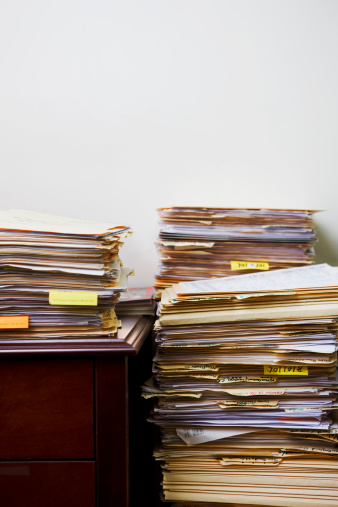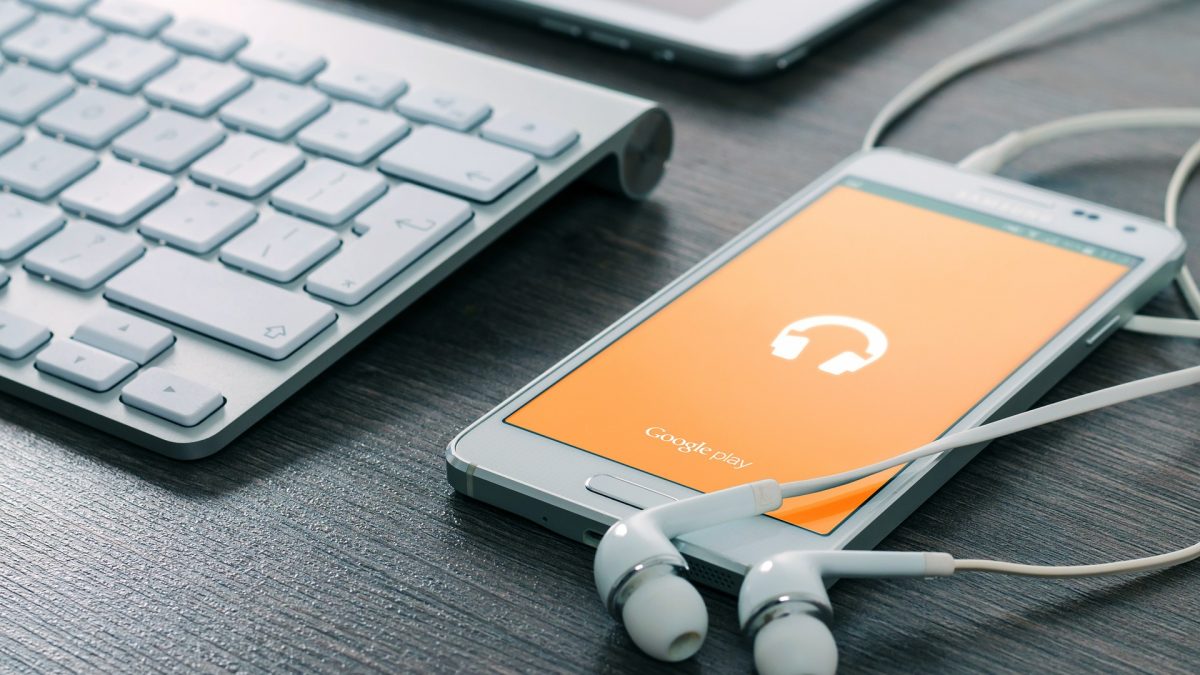
Meet Keeva – Law student and junior paralegal
October 31, 2021
Criminal justice is at breaking point
October 31, 2021Music licensing is the most complex subject to understand, especially for new musicians and bedroom producers. These rules protect composers and offer fair compensation for their hard work. Let’s take a peek at what music license is and how it supports different musicians.
What is Music Licensing?
A music license is the first line of protection for musicians to claim authority over their masterpiece. Like every network requires cybersecurity, music requires music licensing. Furthermore, musicians receive royalties to give legal permission to others. Without their permission, no one can use their music for commercial and other purposes. What’s more, musicians can utilize the license for various reasons. They can choose from six different licenses, which include:
- Mechanical license
- Master License
- Print rights license
- Synchronization license
- Theatrical license
- Public performance license
The music authority divides the license into different categories ranging from theatre production to sheet music production. Also, it involves major motion pictures and jukeboxes. For instance, if you want to use a song for your YouTube video or any other commercial platform, you need a license for that content. In simple words, after music licensing, composers and artists feel secure that no one will edit or use their content. Music licenses include term rights and usage so no one can use the song for purposes it was not meant to be.
What are the Music Licensing Rules?
The rules in music licensing depend on the license type. Let’s take a quick look at how these music licensing types help musicians:
1. Master License
A master recording is a final music version that artists, studios, and music licensing organizations possess. When a song is under master license, only the license holder has the right to use it. An original master recording can be an album or a single song. However, there are some limitations with the master license.
2. Synchronization License
This music license is common to get the rights for a video. Once you acquire this license you can re-record or remix the song and use it for your video. You may have heard a modified version of a popular song in a movie trailer. This indicates that the movie production team has a synchronization license for that song.
3. Print License
If musicians want to print the music composition sheet such as notes and chords, they should have a print license.
4. Mechanical License
Using the master track other than visual medium requires a mechanical license. This license enables the license holder to reproduce the music in different formats such as CD. That’s why CD shops can sell music without worrying about the license because they have a mechanical license to use the content and distribute it. A mechanical license is also appropriate when you want to create a cover version of a song. For instance, you need to get this license if you are about to release a music album but want to use a remixed version of the song for promotion.
5. Public Performance License
You can perform your music in public events such as fairs, meetings, or conventions with a performance license. Sometimes, this license is not necessary, but it is better to play it safe. For instance, you don’t need this license while filming a movie.
6. Theatrical license
As the name suggests, this license is suitable for theatres only. If you organize a theatrical performance and want to perform licensed music in front of the public, you need to purchase a theatrical license for that song.





